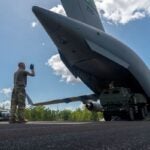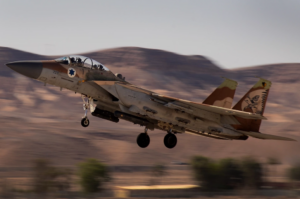A House panel will weigh a plan today to alter controversial weapons changes the Pentagon proposed by requiring the military to keep vehicle production lines running and salvaging an unmanned aircraft slated for termination. The House Armed Services Committee’ (HASC) Air and Land Forces subcommittee wants to authorize additional funding for the Pentagon’s fiscal year 2013 budget request for a series of vehicle and aircraft programs, according to a draft of the policy-setting legislation it will mark up today. After…
Contract Updates
Hartech Group LLC (New Port Richey, Florida) – $10,153,033
Hartech Group LLC, New Port Richey, Florida, has been awarded a maximum $10,153,033 firm-fixed-price contract for three high precision jig grinders with Fanuc controllers. This was a sole-source acquisition using justification 10 U.S. Code 3204 (c)(1), as stated in Federal…
Lockheed Martin Space (Sunnyvale, California) – $142,621,543
Lockheed Martin Space, Sunnyvale, California, is being awarded a $142,621,543 noncompetitive, cost-plus-incentive-fee, cost-plus-fixed-fee, and firm-fixed-price contract modification (P00073) under a Foreign Military Sales (FMS) case to the United Arab Emirates (UAE). The total value of the contract increased to $876,747,896.…
Amentum Services (Chantilly, Virginia) – $10,645,952
Amentum Services, Chantilly, Virginia, was awarded a $10,645,952 cost-no-fee, time-and-materials modification (P00074) to contract W58RGZ-25-C-0004 to provide global aviation maintenance services. The modification brings the total cumulative face value of the contract to $158,855,989. Work will be performed in Schofield…
General Electric Co. (Lynn, Massachusetts) – $26,950,000
General Electric Co., Lynn, Massachusetts, was awarded a $26,950,000 cost-plus-incentive-fee modification (P00100) to contract W58RGZ-19-C-0003 to support the engineering and manufacturing development of the improved turbine engine. The modification brings the total cumulative face value of the contract to $862,954,255.…













